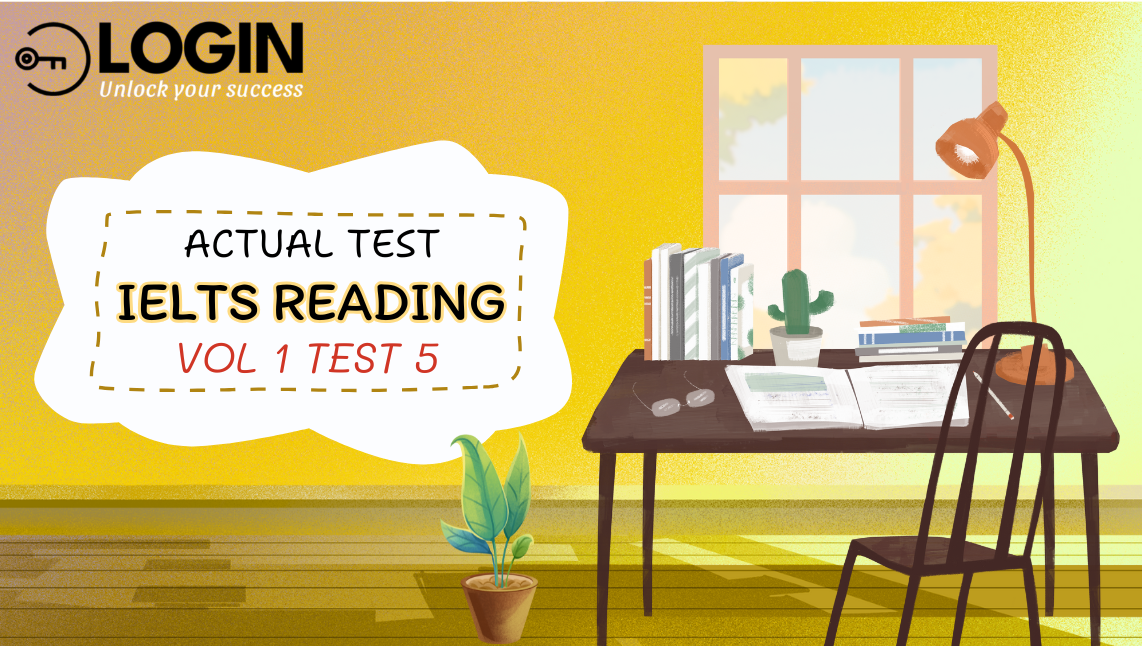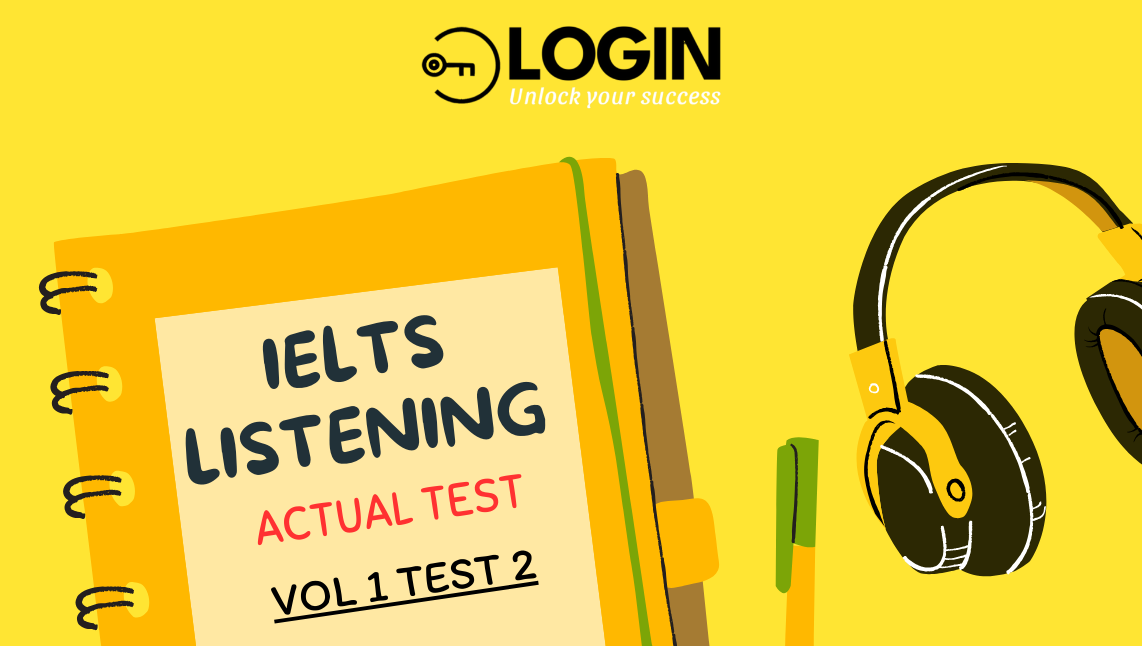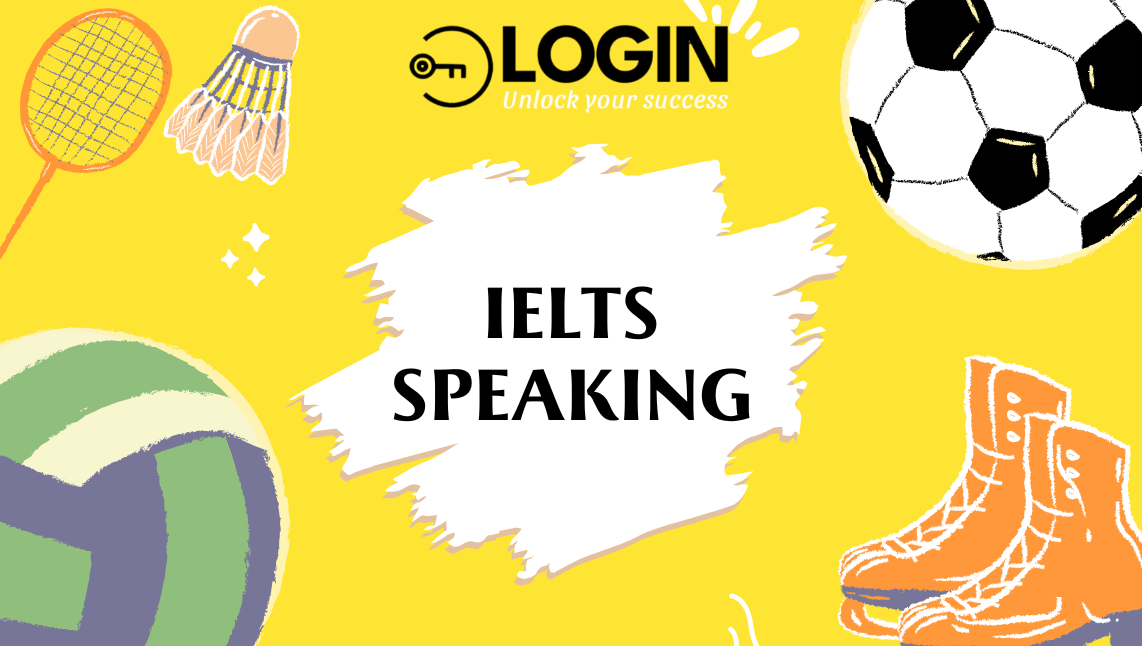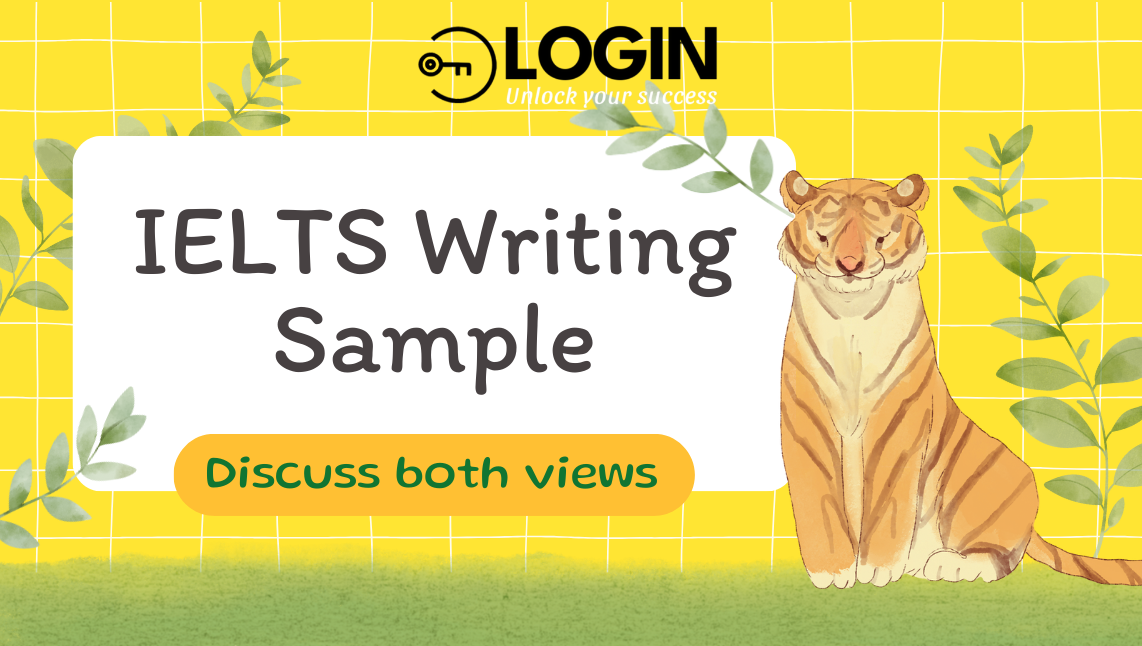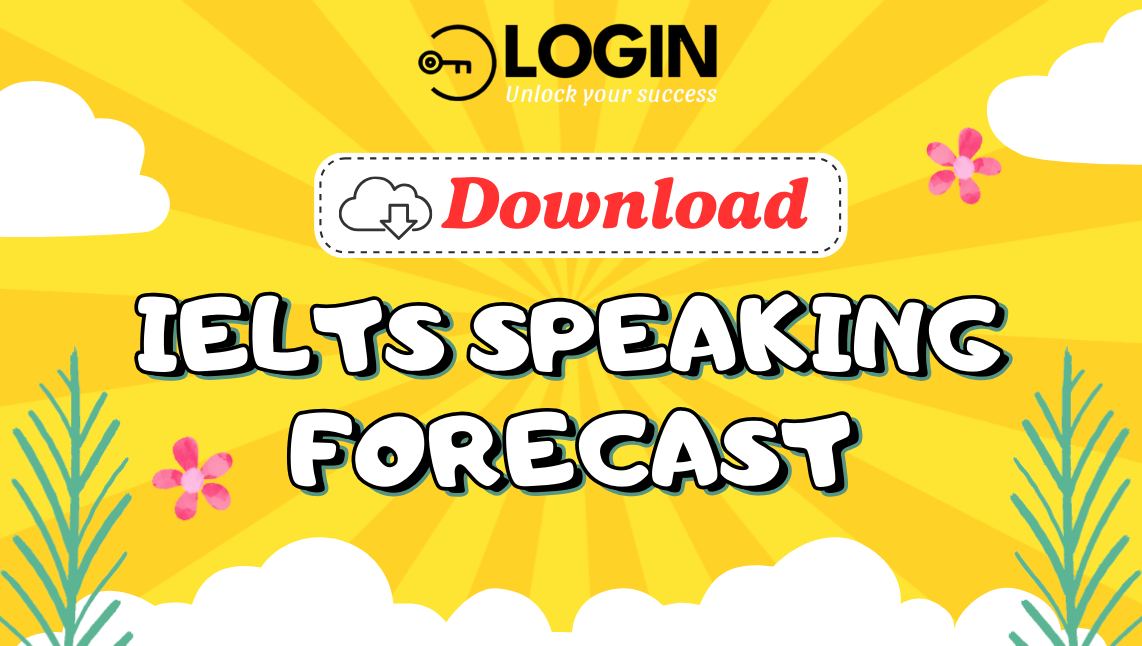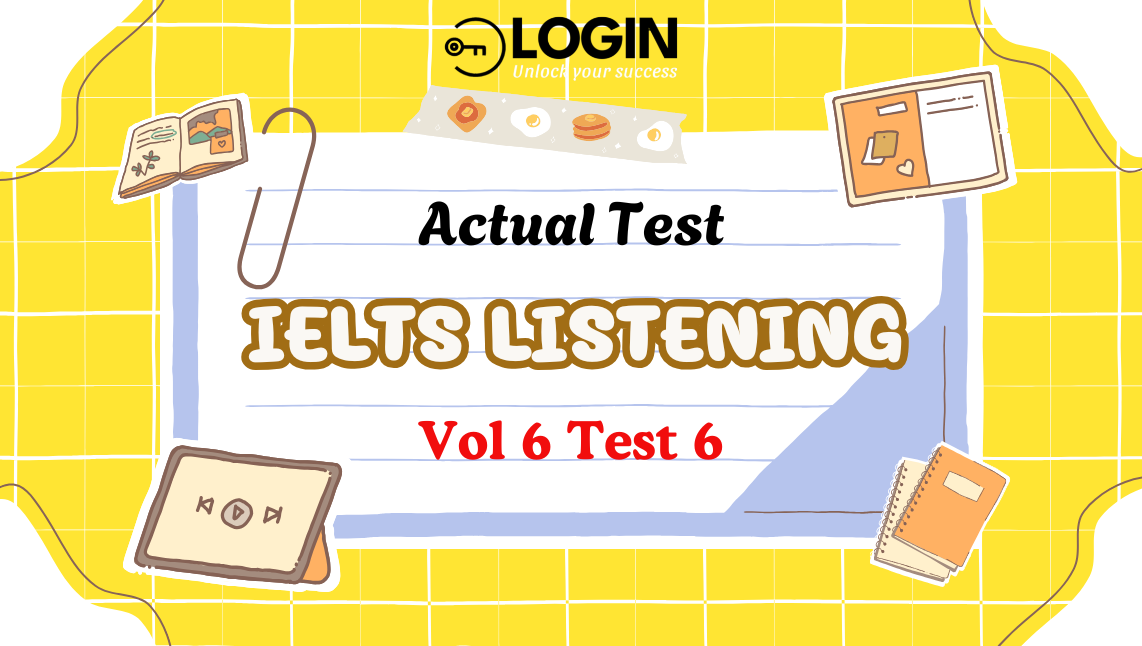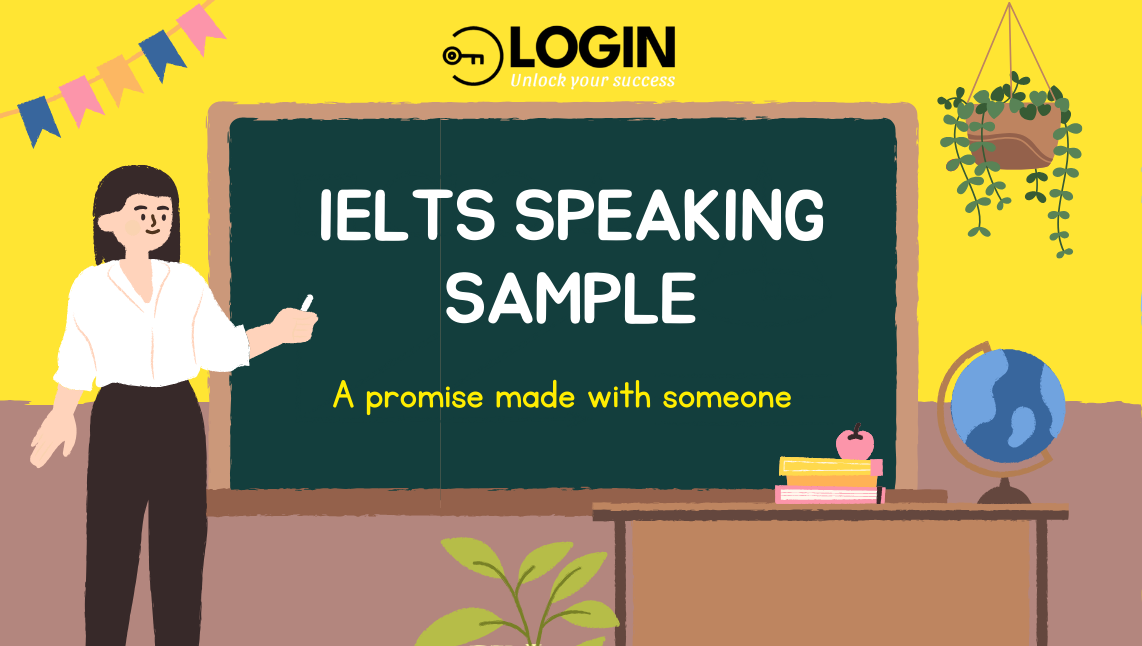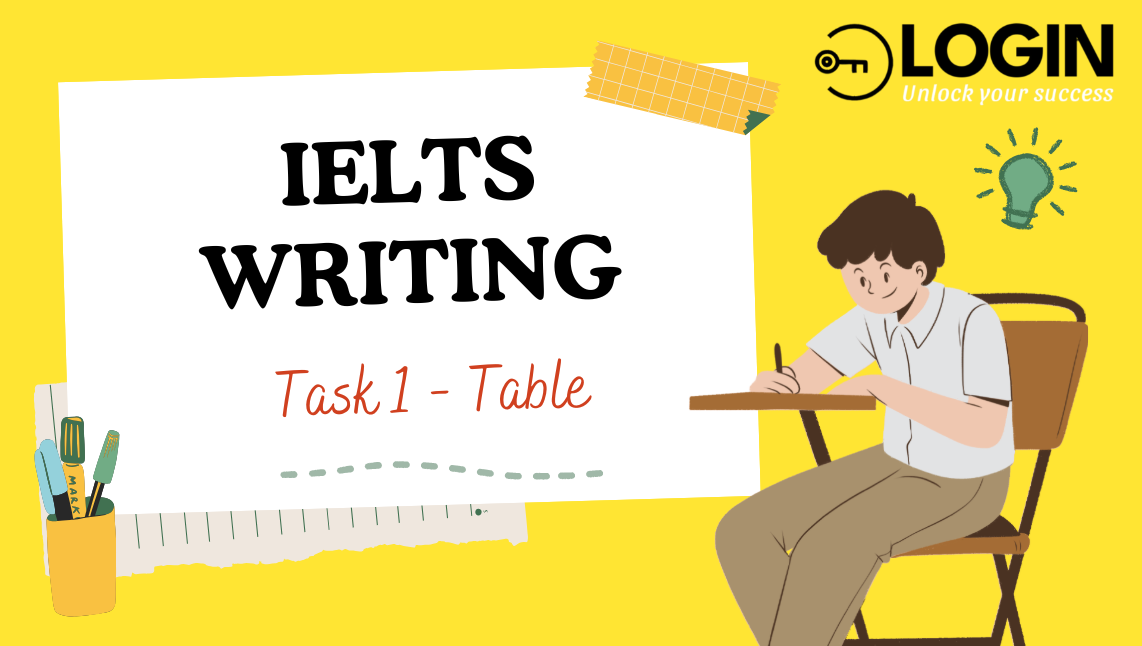"Describe a historical period/ moment you would like to learn more about" là một chủ đề thú vị và đầy chiều sâu trong phần IELTS Speaking Part 2. Đây không chỉ là cơ hội để bạn kể lại một giai đoạn lịch sử, mà còn là dịp thể hiện sự trân trọng đối với những giá trị văn hóa và bài học từ quá khứ. Để giúp bạn biến phần trình bày trở nên cuốn hút, chân thực và tạo ấn tượng mạnh với giám khảo, IELTS Login mang đến cho bạn một dàn ý mạch lạc, từ vựng “chạm điểm” cùng những cấu trúc câu linh hoạt, tự nhiên. Hãy cùng khám phá để bài nói của bạn không chỉ đúng – mà còn thật sự chạm đến cảm xúc người nghe!
PART 2. Describe a historical period/moment you would like to learn more about
You should say:
- When it was
- What you are interested in
- What you already knew
And explain why you would like to know more
A historical moment that I would genuinely love to delve deeper into is April 30th, 1975 — the day the Vietnam War officially ended and the country was reunited after decades of conflict.
What captures my attention most about this day is not just the political change, but also its deep emotional and historical meaning. It marked the end of a painful war, but more importantly, it was the beginning of a new chapter of national unity, healing, and hope. I’m especially drawn to the human side of the event — how people felt and reacted, and how life started to rebuild after so much loss and destruction.
From what I already know, this was the day when Northern Vietnamese forces entered Saigon, leading to the fall of the Southern government. One of the most iconic images from that day shows tanks crashing through the gates of the Independence Palace — a moment that has been widely documented in history books and documentaries.
I’d love to learn more about this day because I want to go beyond just facts and timelines. I want to understand the real emotions behind those historical photos — what were people thinking, what did they hope for, and how did they face such an uncertain future? My grandparents lived through it, but they rarely talk about it, which only makes me more curious. I feel that exploring this historical moment will help me connect more deeply with my roots and appreciate the peace and freedom we have today. It's a powerful reminder that everything we enjoy now came from real sacrifice.
delve deeper into: đào sâu, tìm hiểu kỹ hơn
emotional and historical meaning: ý nghĩa cảm xúc và lịch sử
unity, healing, and hope: sự đoàn kết, hàn gắn và hy vọng
human side of the event: khía cạnh con người của sự kiện
connect with my roots: kết nối với cội nguồn của tôi
appreciate the peace: trân trọng hòa bình
come from real sacrifice: xuất phát từ sự hy sinh thực sự
FOLLOW-UP QUESTIONS
How has learning about history helped you understand the present better?
Learning about history has helped me understand the present in many ways. First of all, it gives me a clearer picture of how today’s society has developed. For example, by studying major events like wars, revolutions, or social movements, I can see why certain countries have the political systems they do now, or why some nations have strong relationships while others don’t. Also, history teaches us about human behavior — how people reacted in times of crisis, how leaders made decisions, and how societies adapted to change. Finally, learning about history has helped me appreciate the progress we've made, but also reminds me that we still face many of the same challenges, like inequality or conflict. Understanding the past really helps put the present into perspective.
revolution: cuộc cách mạng
social movement: phong trào xã hội
political system: hệ thống chính trị
PART 3.
1. Should everyone know history?
Absolutely. Understanding history is not just about memorizing dates or events — it's about learning from the past to shape a better future. History teaches us valuable lessons about human behavior, societal development, and even global conflicts. It helps people become more informed, tolerant, and thoughtful citizens. In a way, knowing history empowers individuals to think critically and avoid repeating past mistakes.
learn from the past: học hỏi từ quá khứ
shape the future: định hình tương lai
global conflict: xung đột toàn cầu
informed (ADJ): hiểu biết, có nhận thức
empower (V): trao quyền, khích lệ
2. In what ways can children learn history?
Children can learn history in many dynamic and engaging ways beyond traditional classrooms. Interactive methods such as storytelling, dramatization and project-based learning can make historical content come alive. Field trips to museums or historical landmarks also provide hands-on experience. Moreover, incorporating technology — like virtual reality tours of ancient cities or educational apps — can spark curiosity and enhance understanding. Making history personal and relatable is key to helping children truly absorb it.
dramatization (N): sự diễn lại, kịch hoá
project-based learning: học theo dự án
hands-on experience: trải nghiệm thực tiễn
spark curiosity: khơi gợi sự tò mò
absorb (V): tiếp thu, thấm nhuần
3. Is it hard to protect historical buildings?
Yes, preserving historical buildings is often a complex and demanding task. These structures are vulnerable to weathering, pollution, and even human negligence. Restoration work requires skilled professionals, authentic materials, and significant financial resources. Additionally, there's often a conflict between preserving heritage and making room for modern development. In some places, lack of awareness or appreciation for cultural value makes protection even more difficult. Therefore, successful preservation demands cooperation between governments, communities, and heritage experts.
weathering: sự phong hoá
negligence: sự lơ là thiếu quan tâm
skilled professionals: chuyên gia lành nghề
Xem thêm:
IELTS Speaking Part 2+3: Describe a rule (in school or work) that you don’t like (Sample Answer)
IELTS Speaking Part 2+3: Describe a useful skill you learned from an older person (Sample Answer)
IELTS Speaking Part 2+3: Describe an ambition that you haven’t achieved (Sample Answer)
IELTS Speaking Part 1: Feeling Bored (Sample Answer)
_________________
Biên soạn bởi IELTS Login Academic Team
- Dịch đề và phân tích đáp án chi tiết IELTS Reading (Actual Test - Vol 1 Test 5)
- Giải đề IELTS Listening (Actual Test - Vol 1 Test 2)
- IELTS Speaking Part 2+3: Describe a sports person or team that you like (Sample Answer)
- Bài mẫu IELTS Writing Task 2 - Giải đề thi thật
- Bộ đề Forecast Speaking Quý 2 2025 (Full 3 Parts)
- Giải đề IELTS Listening (Actual Test - Vol 6 Test 6)
- IELTS Speaking Part 2+3: Describe a promise that you've made with someone (Sample Answer)
- Bài mẫu IELTS Writing Task 1 - Giải đề thi thật

